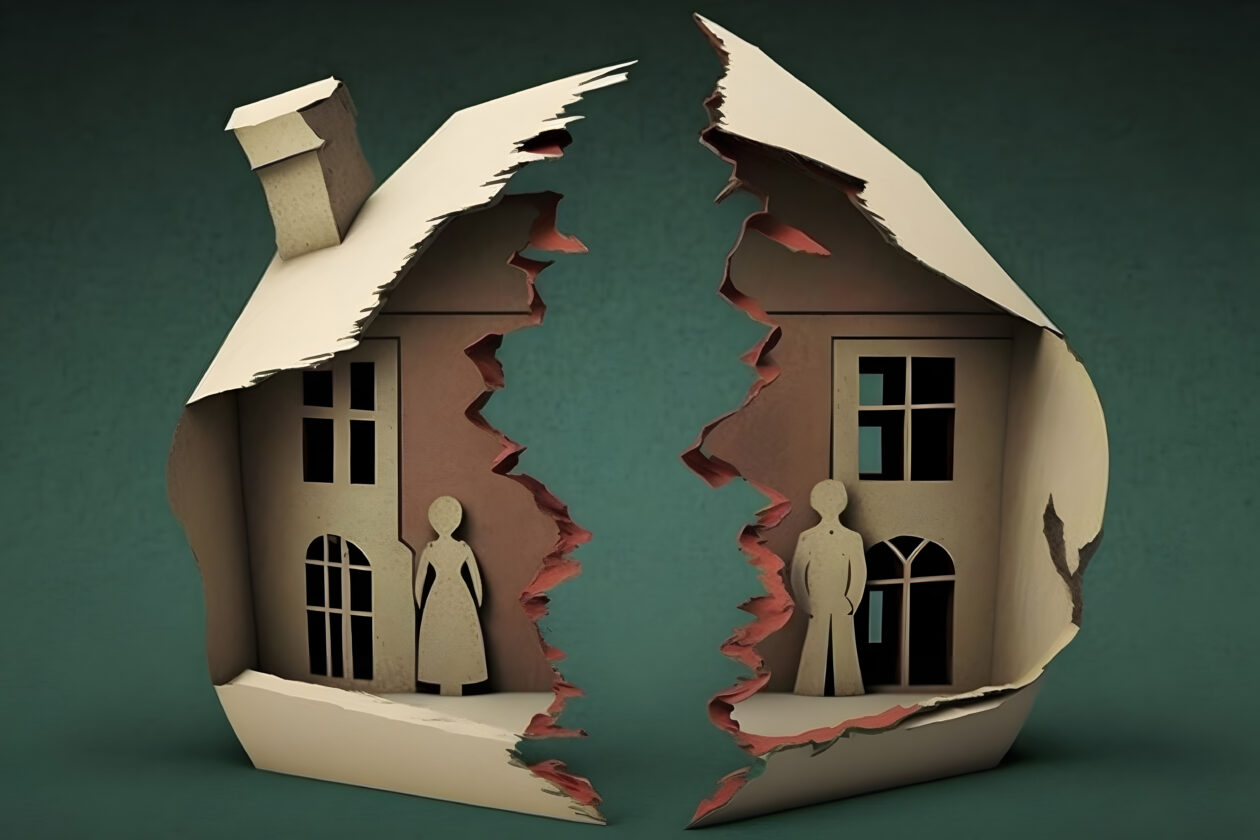Areas of expertise
Divorce Attorneys
Navigating the complexities of dissolving a marriage in Ohio requires expert guidance. Carlile, Patchen & Murphy has a team of family law experts who offer comprehensive support for both divorce and dissolution, providing clear explanations, step-by-step assistance, and personalized legal counsel. Our experienced divorce attorneys help you understand key distinctions, address crucial separation considerations, and represent your unique circumstances. With our in-depth knowledge of Ohio law and client-centered approach, we ensure a smooth, efficient process.

Difference Between Divorce & Dissolution
While both dissolve the legal union, there’s a key difference: divorce requires assigning fault for the marriage’s breakdown through specific legal grounds. Dissolution, on the other hand, is a no-fault option where both parties agree to end the marriage without assigning blame. Our divorce attorneys can help you choose the right path and file the necessary paperwork to get the process started.
Establishing Child Custody & Support
Regardless of whether you choose divorce or dissolution in Ohio, child custody and support will likely be a key aspect of your case, especially if minor children are involved. The court prioritizes the “best interests of the child” when determining custody arrangements, which can be sole or shared custody. Child support is also calculated based on a formula considering both parents’ incomes to ensure financial support for the child’s needs. You need an attorney who can argue for your interests as well as the interests of your minor child(ren).
Establishing Alimony and Spousal Support
While child support focuses on the financial well-being of children, alimony, or spousal support, sometimes used interchangeably, addresses the financial needs of a spouse after divorce or dissolution in Ohio. It’s not automatic and depends on factors like the length of the marriage, the income disparity between spouses, and the receiving spouse’s ability to become self-supporting. Our team can provide evidence that supports your claims for maximum spousal support.
Division of Assets and Debts
Dividing assets and debts is another crucial aspect of divorce or dissolution proceedings in Ohio. The state follows the principle of “equitable distribution,” meaning the assets and debts acquired during the marriage are divided fairly, not necessarily equally, between the spouses. Factors like the length of the marriage, each spouse’s contribution to the marital estate, and any non-marital assets are considered during the division process. This ensures a just and balanced outcome for both parties.
Mediation and Disputes
Divorce and dissolution can be emotionally charged, but there are ways to reduce conflict and disagreements. Ohio courts encourage couples to explore mediation and alternative dispute resolution (ADR) options. Mediation involves a neutral third-party facilitating communication and guiding you towards mutually agreeable solutions on issues like child custody, support, and asset division. Our legal divorce team can represent you during mediation and resolve disputes that are favorable for your position in the divorce/dissolution proceedings.
A Divorce/Dissolution Partner to Fight For You
If you need legal counsel for a pending divorce or dissolution, Carlile, Patchen & Murphy can help. Our expert team of family law attorneys is here to guide you through the process and ensure that your interests are represented in divorce or dissolution matters in the state of Ohio. Contact our firm today or call our office to schedule a divorce/dissolution consultation.
Divorce FAQs
View commonly asked questions that our Family Law attorneys are asked about divorce in Ohio.
+What’s the difference between divorce and legal separation in Ohio?
In Ohio, divorce legally ends the marriage and allows each person to remarry. Legal separation does not dissolve the marriage but allows couples to live apart under a court order that addresses child custody, support, spousal support, and property division.
+Do I have to prove fault to file for divorce in Ohio?
No. While Ohio allows for fault-based grounds like adultery or extreme cruelty, most couples file under no-fault grounds, such as incompatibility or living apart for at least one year without cohabitation.
+How is property divided in an Ohio divorce?
Ohio follows equitable distribution, meaning marital property is divided fairly, though not always equally. The court looks at factors like the length of the marriage, each spouse’s contributions (including non-financial), earning ability, and financial needs when dividing assets and debts.
+Can I file for divorce without hiring lawyers if we agree on everything?
Yes, couples may proceed without attorneys in an uncontested divorce or dissolution. However, hiring a lawyer is still recommended to ensure that all agreements are legally sound, your rights are protected, and all paperwork is completed accurately to avoid delays or complications.
+What happens to debt in a divorce?
In Ohio, marital debts—those incurred during the marriage—are divided similarly to marital assets. The court considers who incurred the debt, the purpose of the debt, and each spouse’s ability to repay. Asset and debt distribution is a key consideration that a CPM attorney can help ensure your interests are represented.
+What’s the difference between divorce and dissolution of marriage in Ohio?
A divorce is filed when spouses disagree on key issues and need the court to resolve disputes. A dissolution is a quicker and less adversarial process, where both spouses jointly file after agreeing on all terms. If cooperation is possible, dissolution is often the more efficient route.
+Can I still get divorced if my spouse refuses to participate?
Yes. If your spouse refuses to cooperate or cannot be located, the court can still grant a divorce after proper legal notice is given. This is known as a default divorce, and the court will make decisions based on the information you provide.
+Will I have to go to court if my divorce is uncontested?
In most Ohio counties, a brief court appearance is still required even in uncontested divorces or dissolutions to finalize the process. However, with proper preparation and legal guidance from a CPM attorney, the hearing is typically straightforward.
How can we help you today?
Give us a call or send a message with any inquiries and legal questions.
© Copyright 2022 – Carlile Patchen & Murphy LLP | Terms and Conditions | XML Sitemap







